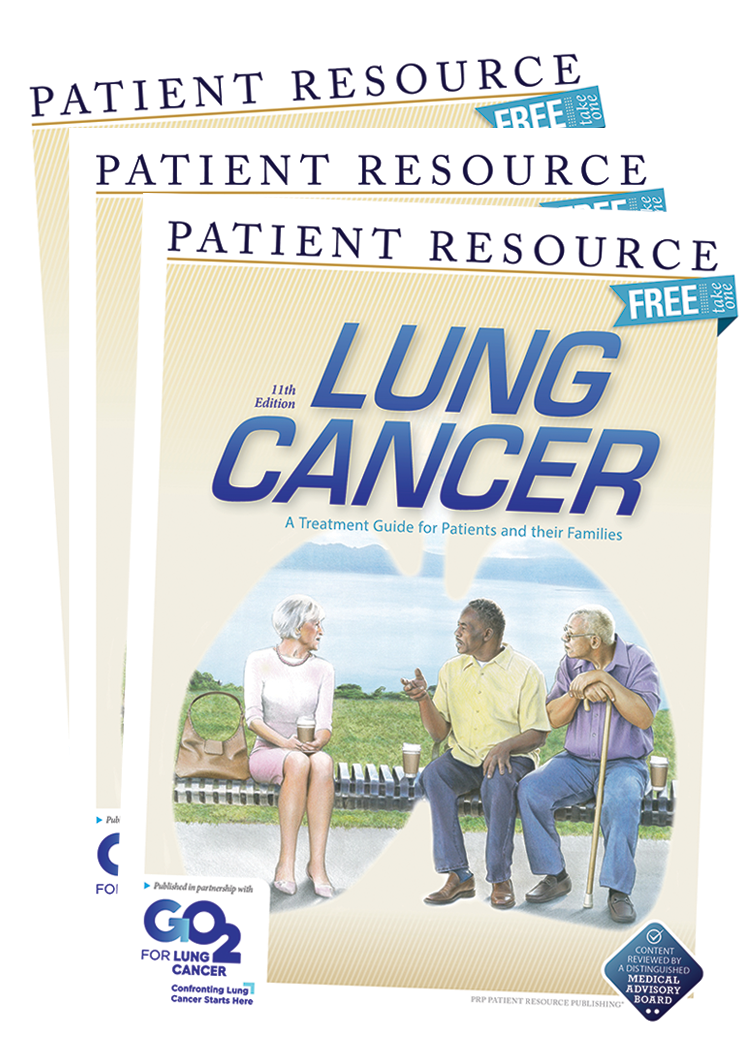Lung Cancer
Smoking Cessation
A common misconception is that once you have been diagnosed with lung cancer, quitting smoking or tobacco of any type is unnecessary. However, it is never too late to stop. Quitting nicotine will have immediate and long-term benefits, even if you are currently undergoing cancer treatment. In fact, only 12 hours after you quit smoking, the carbon monoxide levels in your blood will return to normal. The most important benefit, though, is the impact quitting will have on your treatment. For example, your radiation therapy or chemotherapy will most likely be more effective, and you may experience fewer side effects once you stop smoking.
Quitting can be scary, considering that nicotine is an addictive substance. Do not be discouraged from trying again if you have attempted to quit before. Remember, you are not alone. Your multidisciplinary team can help you determine what strategies may work best, and you may be surprised to learn that you now have additional resources available to you that you may not have had before. The best approach will likely be a combination of several strategies.
Some options you may consider include nicotine replacement therapy (NRT), medications and local support groups. Many FDA-approved smoking cessation products can double your chances of quitting successfully. NRT helps you quit smoking by gradually weaning the body off nicotine without exposure to toxic chemicals present in cigarette smoke. Several NRTs are available without a prescription including, transdermal nicotine patches, nicotine gum and nicotine lozenges.
Some people mistakenly believe they can use e-cigarettes to help them quit. Although these do not contain the same harmful chemicals that tobacco does, they come with their own dangers. Vaping can cause many lung diseases. With a cancer diagnosis, it is beneficial to avoid both smoking and vaping.
While in the process of quitting, try to find alternative stress relief methods and stay away from anyone or anything that tempts you to smoke. Make a plan, starting with selecting a specific day to quit. Tell friends and family your quit date to help hold yourself accountable.
Immediate benefits:
- Easier breathing
- Improved wound healing for faster recovery
- Stronger immune system
- May reduce risk of cancer progression by reducing lung inflammation
- Lower risk of your loved ones developing disease or cancer due to secondhand smoke
Long-term benefits:
- Better sense of smell and taste
- Lower risk of developing secondary cancers
- Better blood circulation and lowered blood pressure
- Improved survival post-treatment



